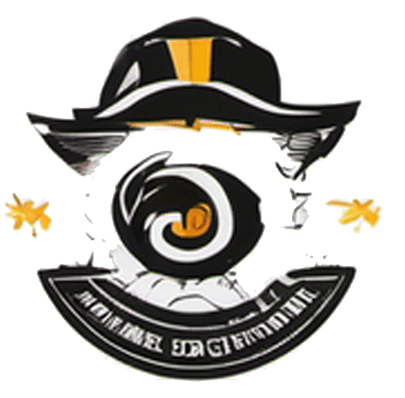Komentarze widzów
Lucas: "They're not aliens! They're interdimensional beings" Spielberg: "Okay, what do they look like?" Lucas: "Aliens!" Spielberg: "This fuckin guy"
My favorite thing I've heard about the fourth Indy movie is it's a movie everybody wanted to see, but nobody wanted to make
The fact that rumour came from someone wanting to prove to his mother that tabloids lie all the time is kinda funny to me.
Whoops. Said Temple of Doom was 1985. Oh well. But as John Cleese says "an infallible sign of intelligence is to be able to distinguish between the important and the trivial." ^ this is for everyone who comments, thinking they "got me."
I like the first half of Crystal Skull reasonably well. The opening Area 51 scene is fun and mysterious, the chase on the college campus is shot magnificently, the scene where Indy and Mutt explore the tombs in Peru feels very in line with the series. After that though, the film nose dives off a cliff and doesn’t even feel like the same person was directing it anymore.
I think one of my big problems with Crystal skull was how it looked. Everything looked very airbrushed and set piece. Like in raiders, you get the desert and the sunset with all the people digging or going through the market places. It really threw me off. Shia was also not a great pick. I love him in other things, but this was not it. Also aliens.
A lot of these fan-scripts actually sound really cool.
If Crystal Skull came out in the 90s it would be remembered very differently. I also think out of all the potential McGuffins, Excalibur and The Garden of Eden are the strongest concepts.
I love how he acknowledges how blatant it is that Spielberg ghost directed Poltergeist. That made me laugh a bit ngl.
Honestly, the backdrop of the 1950's, the Cold War, and the popularity of aliens during that time period was really promising. It all comes down to the execution.
It sounds like Spielberg was just so done with Lucas pestering him about a 4th Indy movie for 18 years, he just caved and went with the “interdementional beings” story Lucas wanted to write
“No version of the film will live up to fan expectations, a fact proven time and again by sequels separated by decades” Top Gun: Maverick- hold my beer
George Lucas is a great example of someone who has stumbled onto greatness, while being kinda terrible at the same time.
I think it's really uncool how George Lucas fired Frank Darabont because he hated the script, then proceeds to use near ALL of his script beats and still has the audacity to remove Frank Darabont from the credits. What a disgusting low blow.
If only Spielberg would have held is ground for longer :( Atlantis film could have been magnificent, shame Lucas was so obsessed with Aliens we could have had more Indiana films with Harrison when he was younger :(
Please don't leave us without these videos for too long again!
I kinda respect Lucas for just digging his feet in, saying "I want aliens," and not budging for 18 years. Like Darabont said, that's next level stubborn.
Maybe its just me, but i cannot suspend my disbelief when it comes to watching an action/adventure movie with an 80 year old lead.
The Valhalla script sounds cool, but honestly Indiana Jones racing Soviets to find Hitler’s occult bunker, would tie it in rather nicely with the first three movies while still moving it forward in time.
There is only 3 movies in the series tho. The Last Crusade was an amazing send-off to Indiana. I'm glad they left it at that and didn't soil the legacy of such great character.
